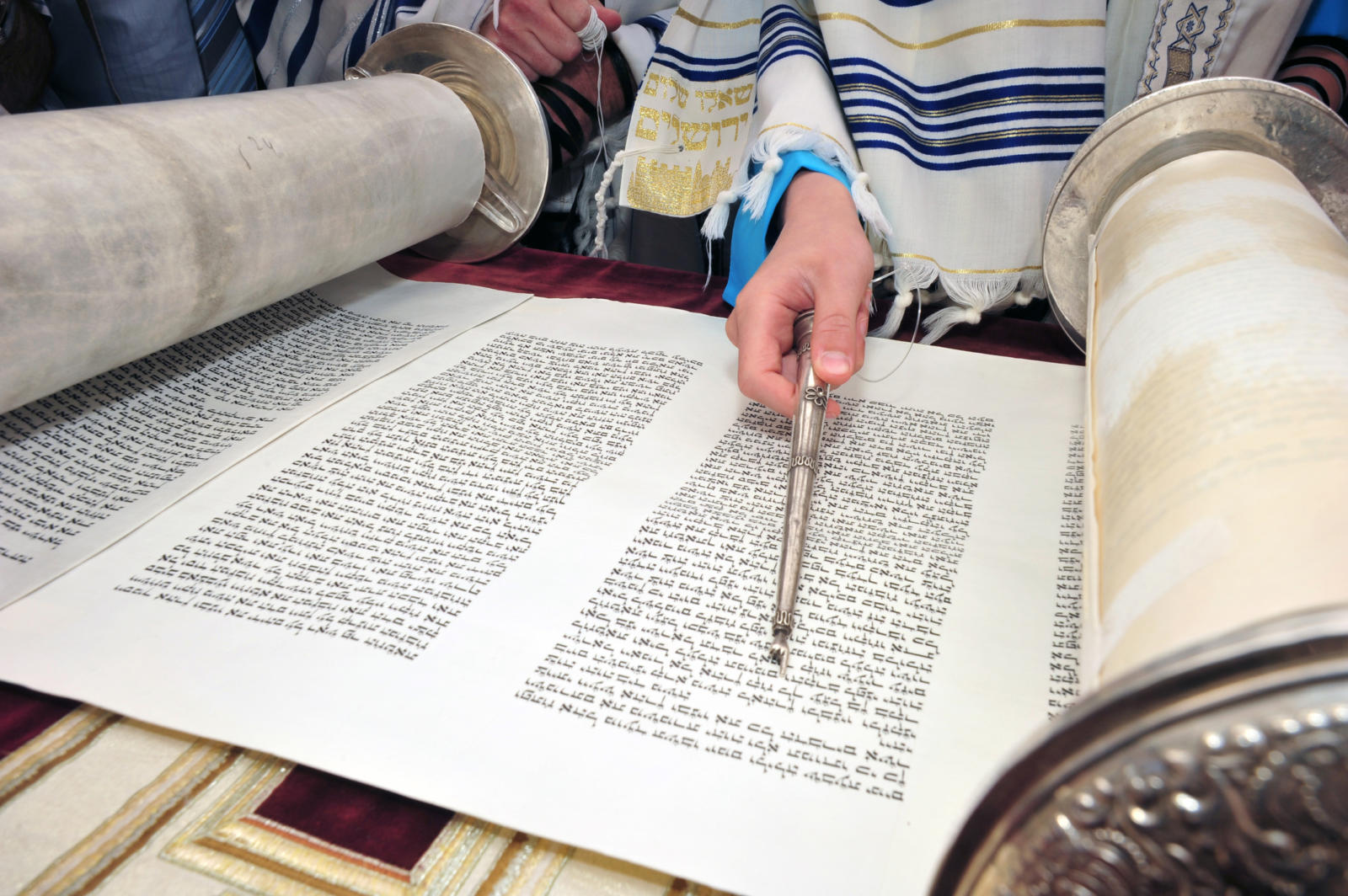- May 7, 2016
- 558
- 145
- Country
- United States
- Gender
- Male
- Faith
- Christian
- Marital Status
- Engaged
- Politics
- US-Democrat
SABER TRUTH TIGERJosephus says the popularity of the Pharisees among the people often made them go along with them.
That is correct. The Sadducees were not well liked by the common folk. The Sadducees were considered "snobbish" and catered to the elite and aristocrats while supporting the Roman occupation. Of course, this is according to the writings of the opponents the Pharisees. None of the Sadducee writings escaped the destruction of the Temple and all we know about them is what is written by the Pharisees and their supporters. So, I advise caution when reading critiques of the Sadducees by their political and religious enemies. However, we do know at one time the Sadducees did control the temple, sometime during the first century CE but no one seems to know for sure when the Pharisees regained control of the Temple and the counting of the Omer in that first century CE.
SABER TRUTH TIGERThe gospels do seem to support this in that they were those selected as Judges. They sat themselves in the seat of Moses.
The Pharisees sat in Moses seat, but Moses's seat was not the Temple. The Temple was run by the seat of Aaron, all priests. The seat of Moses was in every synagogue across Galilee and Judea and the common folk were more inclined to follow the leaders of the synagogue (Pharisees) than they were the Sadducees but until the Pharisees regained control of the Temple priesthood the nation followed the laws of the land enacted by the Sanhedrin, which was dominated by the Sadducees. I just don't know for sure when the Pharisees regained control of the Temple, only that it was some time during the life of Rabbi Yohanan ben Zakkai (sometime between 30 CE and 90 CE).
SABER TRUTH TIGERWhen difficult disputes came before the highest court, the highpriest had to agree together on the verdict, making it law. The two sects had developed each having power in the court. The interesting thing is, how much of Jewish law had been handed down that was neither Sadducee, nor Pharisee? Since two sects disagreed with each other, none of their sectarian views could be established law. The seat of Moses was the difficult cases to decide with the priests and judges. Nothing that came from that seat was sectarian. And to consider how much was decided from the days of Moses that law was established?
The Sadducees dominated the Sanhedrin at one point and it was their view of the holy days that prevailed upon the land, whether or not the general population respected them. During this time they waved the Omer on Sunday of Passover week, the day after the Sabbath per Leviticus 23:11. Then, as time went on, the Pharisees regained control of the Temple and decided which day on which to wave the Omer. It is difficult to get the Sadducean view since all we know about them are written by their political and religious enemies, the Pharisees and their descendants. There are no writings of the Sadduceans that survived the destruction of the Temple and the Sadducees faded away from existence after the Temple fell. So, when we read Josephus's description of the Sadducees we must use caution and not jump to conclusions that may be erroneous. Josephus and other rabbis that dominated Jewish religious life after the fall of the Temple write that the Sadducees "were afraid of the Pharisees" and the Sadducees very "meekly" followed the Pharisees on their way to wave the Omer on Nisan 16 every year. Just use caution.
Last edited:
Upvote
0


